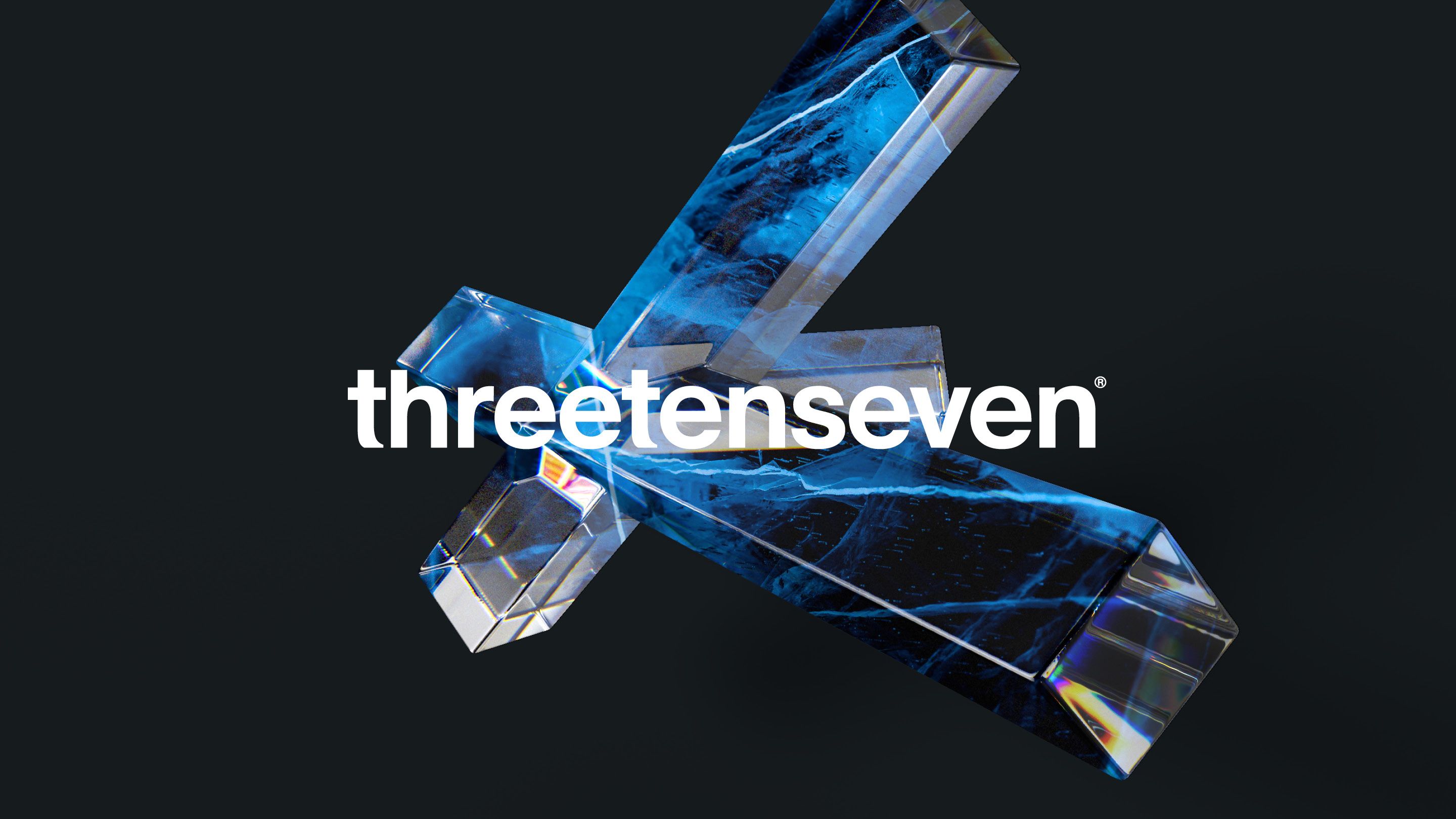Working with diverse clients across sectors is the norm for most design studios but while having a varied portfolio is often seen as a strength, some designers have discovered the benefits of sector specialisms.
From improving chances of winning work to making the task of recruiting easier, specialising seems to have been a wholly positive experience for Leeds-based studio ThreeTenSeven. But what triggered their decision to specialise after working freely across sectors for many years and is there a downside?
For brand and strategy agency ThreeTenSeven – previously known as Thompson Brand Partners since 1983 – the time for change came about in 2020, two years after a management buyout by three of its partners. The consultancy’s managing director Rachel Cook says the decision was prompted by “strategic and commercial” factors.
Despite the design team regularly advising clients to “differentiate themselves and have a service that is unlike other peoples”, Cook says they realised they were not taking their own advice. She describes the design industry market as saturated in the sense that studios can only differentiate from each other when pitching via strong work credentials.
Being “meaningfully different” makes you “irreplaceable”, according to Cook, which is why the 15-strong studio decided to specialise in health and wellbeing. She adds that the agency saw “a gap emerging for brand and strategy” and had “strong case studies” in the sector.
ThreeTenSeven aims to spend at least 60-70% of its time on health and wellbeing projects, and has a values-led criteria for working with clients who don’t fall into the sector. Cook says that the studio is “being realistic and commercial” about it, adding that it is good to retain “some diversity”.
She explains that if a project is “commercially viable”, but the client is not within your chosen sector, you don’t have to advertise the work as much as you would normally in order to “strengthen market positioning”.
Cook says that specialising has “reduced the field [they’re] playing in”, as the studio is one of a few health and wellbeing design specialists in the industry, rather than one out of the hundreds of “generalist” studios.
ThreeTenSeven noticed unexpected benefits in the “recruitment and HR” departments, says Cook, as “the number one thing that people mention in interviews” is the health and wellbeing specialism. She believes that is what “attracts people who are interested in the sector” and “appeals to people who are driven by values and purpose”, making interviews and recruitment easier.
For Cook, one question that came up when deciding to specialise was: “will it put off other people from coming to us and close down our options?”. Despite this, ThreeTenSeven continue to be an attractive option for clients outside of their health and wellbeing specialism.
One significant risk attached to specialising is that some sectors can be affected by unexpected “downturns” so “spreading your risk across sectors” could seem more appealing to some, says Cook. “If we’d have specialised in property during the pandemic we would have been annihilated,” she adds.
Read the full article on Design Week here
Photo by Edge2Edge Media on Unsplash




